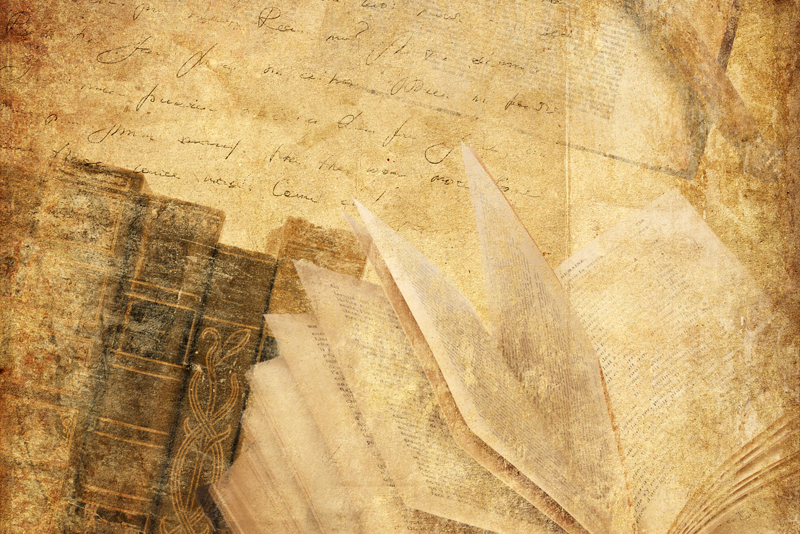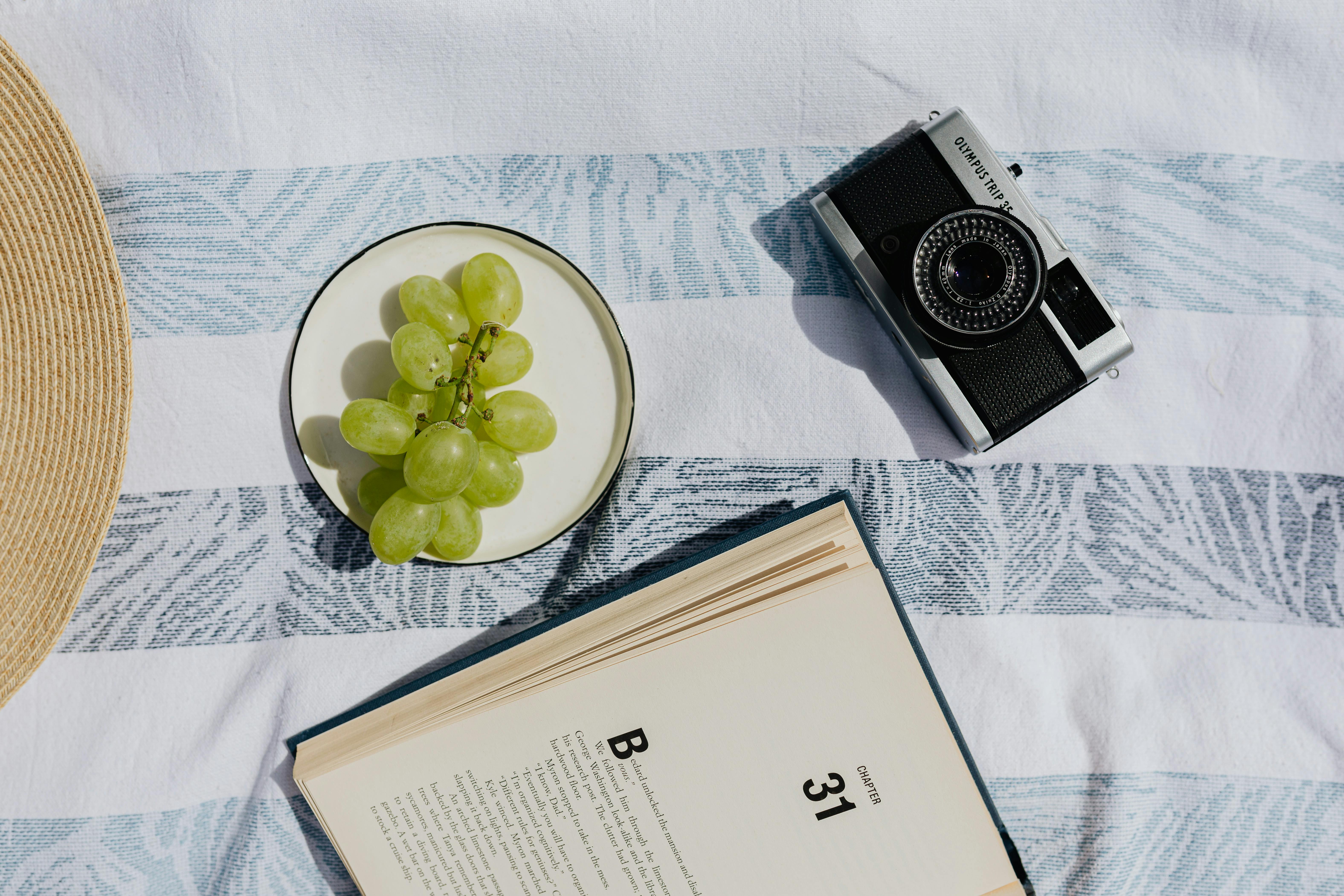The Chick Lit Controversy - Shanna Swendson

I talked to three writers about Chick Lit and its role in literature. To each of them I posed five questions.
What does Chick Lit mean to you?
I tend to think of chick lit as a look at the lives of modern women, told with a wry, sarcastic style. It's honest (sometimes painfully so), but with just enough wish-fulfillment fantasy to make it a fun, escapist read. Most of us have struggled at some time or another with bad dates, difficult relationships, challenging jobs and the like, but by telling the story with a sense of humor and throwing in some of the good or glamorous stuff we don't necessarily all experience – life in a major city, a job in a glamour industry, the right guy coming along, the perfect group of friends to drink cosmos with -- chick lit helps us see the fun, joy and pain of everyday life in a way that's fun to read.
Why do you like Chick Lit novels?
For so very many reasons! I've been gorging on Chick Lit ever since it hit the shelves. This was the kind of book I'd been looking for even before I knew what to call it. I'd been a romance reader, but Chick Lit felt more relevant to my life, a little more honest and with characters who felt real. I love the chance to live vicariously through the characters. I enjoy the hint of suspense -- not suspense as in "will the murderer catch them?" but suspense as to how the book will turn out. Which guy will the heroine end up with? Or will she end up with any of them?
I think that was my main problem with romance. You know from the start that it's going to be happily ever after with the guy who's the obvious hero, but not knowing for sure keeps me turning the pages. I also like that Chick Lit often focuses more on the search for Mr. Right than on fighting with the Mr. Right who falls into the heroine's lap.
Is Chick Lit real literature?
My dictionary (Random House -- and since I write for Random House, I may as well go with it) defines literature as "writing regarded as having permanent worth through its intrinsic excellence." I think something has to have been around a lot longer for us to know if it has permanent worth, so the jury's still out about Chick Lit (along with all the supposedly literary works currently being published). The "real literature" label is something for posterity to decide.
I believe what Jane Austen was writing fits the mold of Chick Lit, yet it's called literature now, so there is a strong possibility some (but certainly not all) of today's Chick Lit novels may be considered literature by future generations. For example, Bridget Jones's Diary has held up surprisingly well if you re-read it now, even though some of the pop culture references are a little dated. Bridget lives in a world where Princess Diana is still alive and the Spice Girls are still hot, but her story still resonates.
Does all Chick Lit live by the same format?
The joy of Chick Lit is that there is no format! It's more of a tone or attitude that defines the genre. I certainly couldn't apply any one format or story structure to every chick lit novel I've read. Yes, at the beginning there were a lot of "here are all my bad dates and this is what I wore" books, and there are some recurring themes, but anyone who says there's an obvious formula or format to Chick Lit obviously hasn't actually read more than one book or done more than look at the covers.
It's much less formulaic than mystery (murder or crime early in book, sleuth looks for clues, stumbles on a few red herrings, then solves the case) or romance (hero and heroine meet, there's conflict, they live happily ever after). I don't think there are any such genre expectations in chick lit, just that it be about a "chick" who's dealing with some kind of issue or conflict in her life. That issue could be job, relationship, family, finding herself, finding a home or any or all of the above. If there is a romance in a chick lit novel, it could start halfway through or even at the end, or it could end in the middle.
Is Chick Lit becoming a loose term to categorize all women's literature?
I think it's more of a marketing approach. The industry doesn't necessarily call all women's literature chick lit, but for a while they seemed to be packaging it all as Chick Lit, with the cute, colorful covers. I even noticed one book that looked very much like a typical chick lit book, but it had a review blurb on the cover saying, "A welcome antidote to Chick Lit." Now, is that trying to have your cake and eat it too, or what? They were using the Chick Lit look to draw people in, then saying, "But it's not chick lit!" I think that's where some of the backlash came from -- the more "literary" writers resented being packaged as Chick Lit, Chick Lit readers were disappointed to find that the books they bought weren't really chick lit, and "literary" readers were ashamed to be seen buying or reading that "fluff."
I think there's room for everyone, and few people have such narrow reading tastes that they won't try other things. Publishers just need to be honest about packaging their books. I actually find some of the sneering at chick lit amusing, and possibly even anti-female in a roundabout sort of way. Women are intelligent beings, intelligent enough to choose what we want to read, and intelligent enough that our brains aren't going to rot and ooze out if we read a book with a cartoon on the cover. Sometimes we need to recharge our mental and emotional batteries so we'll have the energy we need to take over the world.
*Dorothy Thompson
*Lauren Baratz-Logsted
M. E. Wood lives in Eastern Ontario, Canada. If you are going to find this eclectic reader and writer anywhere it is probably at her computer. For more information visit her official website.
***

What does Chick Lit mean to you?
I tend to think of chick lit as a look at the lives of modern women, told with a wry, sarcastic style. It's honest (sometimes painfully so), but with just enough wish-fulfillment fantasy to make it a fun, escapist read. Most of us have struggled at some time or another with bad dates, difficult relationships, challenging jobs and the like, but by telling the story with a sense of humor and throwing in some of the good or glamorous stuff we don't necessarily all experience – life in a major city, a job in a glamour industry, the right guy coming along, the perfect group of friends to drink cosmos with -- chick lit helps us see the fun, joy and pain of everyday life in a way that's fun to read.
Why do you like Chick Lit novels?
For so very many reasons! I've been gorging on Chick Lit ever since it hit the shelves. This was the kind of book I'd been looking for even before I knew what to call it. I'd been a romance reader, but Chick Lit felt more relevant to my life, a little more honest and with characters who felt real. I love the chance to live vicariously through the characters. I enjoy the hint of suspense -- not suspense as in "will the murderer catch them?" but suspense as to how the book will turn out. Which guy will the heroine end up with? Or will she end up with any of them?
I think that was my main problem with romance. You know from the start that it's going to be happily ever after with the guy who's the obvious hero, but not knowing for sure keeps me turning the pages. I also like that Chick Lit often focuses more on the search for Mr. Right than on fighting with the Mr. Right who falls into the heroine's lap.
Is Chick Lit real literature?
My dictionary (Random House -- and since I write for Random House, I may as well go with it) defines literature as "writing regarded as having permanent worth through its intrinsic excellence." I think something has to have been around a lot longer for us to know if it has permanent worth, so the jury's still out about Chick Lit (along with all the supposedly literary works currently being published). The "real literature" label is something for posterity to decide.
I believe what Jane Austen was writing fits the mold of Chick Lit, yet it's called literature now, so there is a strong possibility some (but certainly not all) of today's Chick Lit novels may be considered literature by future generations. For example, Bridget Jones's Diary has held up surprisingly well if you re-read it now, even though some of the pop culture references are a little dated. Bridget lives in a world where Princess Diana is still alive and the Spice Girls are still hot, but her story still resonates.
Does all Chick Lit live by the same format?
The joy of Chick Lit is that there is no format! It's more of a tone or attitude that defines the genre. I certainly couldn't apply any one format or story structure to every chick lit novel I've read. Yes, at the beginning there were a lot of "here are all my bad dates and this is what I wore" books, and there are some recurring themes, but anyone who says there's an obvious formula or format to Chick Lit obviously hasn't actually read more than one book or done more than look at the covers.
It's much less formulaic than mystery (murder or crime early in book, sleuth looks for clues, stumbles on a few red herrings, then solves the case) or romance (hero and heroine meet, there's conflict, they live happily ever after). I don't think there are any such genre expectations in chick lit, just that it be about a "chick" who's dealing with some kind of issue or conflict in her life. That issue could be job, relationship, family, finding herself, finding a home or any or all of the above. If there is a romance in a chick lit novel, it could start halfway through or even at the end, or it could end in the middle.
Is Chick Lit becoming a loose term to categorize all women's literature?
I think it's more of a marketing approach. The industry doesn't necessarily call all women's literature chick lit, but for a while they seemed to be packaging it all as Chick Lit, with the cute, colorful covers. I even noticed one book that looked very much like a typical chick lit book, but it had a review blurb on the cover saying, "A welcome antidote to Chick Lit." Now, is that trying to have your cake and eat it too, or what? They were using the Chick Lit look to draw people in, then saying, "But it's not chick lit!" I think that's where some of the backlash came from -- the more "literary" writers resented being packaged as Chick Lit, Chick Lit readers were disappointed to find that the books they bought weren't really chick lit, and "literary" readers were ashamed to be seen buying or reading that "fluff."

I think there's room for everyone, and few people have such narrow reading tastes that they won't try other things. Publishers just need to be honest about packaging their books. I actually find some of the sneering at chick lit amusing, and possibly even anti-female in a roundabout sort of way. Women are intelligent beings, intelligent enough to choose what we want to read, and intelligent enough that our brains aren't going to rot and ooze out if we read a book with a cartoon on the cover. Sometimes we need to recharge our mental and emotional batteries so we'll have the energy we need to take over the world.
*Dorothy Thompson
*Lauren Baratz-Logsted
M. E. Wood lives in Eastern Ontario, Canada. If you are going to find this eclectic reader and writer anywhere it is probably at her computer. For more information visit her official website.
You Should Also Read:
Literary Fiction Book Store
Author Q & A with Sally Cooper

Related Articles
Editor's Picks Articles
Top Ten Articles
Previous Features
Site Map
Content copyright © 2023 by M. E. Wood. All rights reserved.
This content was written by M. E. Wood. If you wish to use this content in any manner, you need written permission. Contact Yvonne Ije for details.







